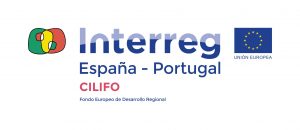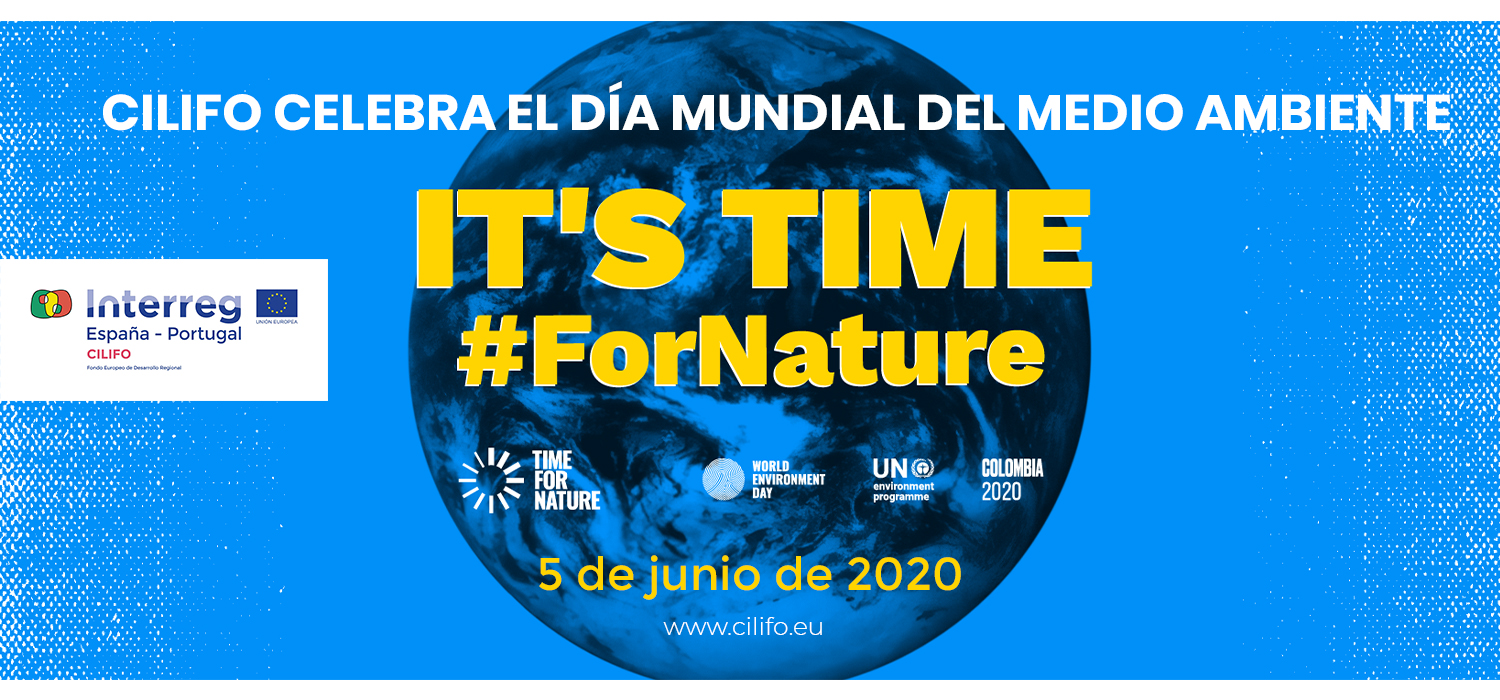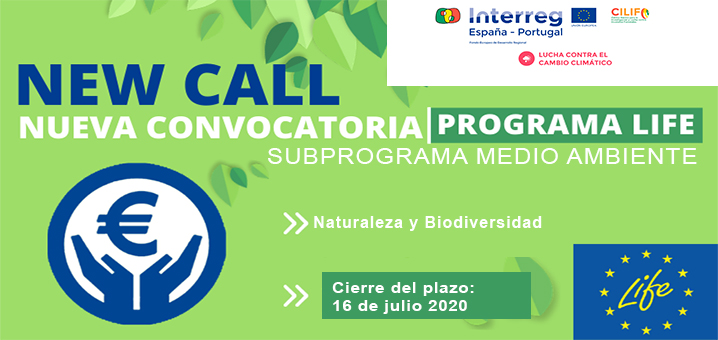20.04.2020. The Environment and Climate Action Programme (LIFE) is the European Union’s financial instrument dedicated to the environment for the period 2014-2020. Its overall objective is to contribute to sustainable development and the achievement of the objectives of the Europe 2020 strategy and the EU’s environment and climate strategies. One of the sub-programmes of LIFE is the Environment, which represents 75% of the total funding.
Projects in Nature and Biodiversity priority area receive up to 60% EU co-financing (within the Environment sub-programme), but the co-financing rate can be up to 75%, if at least half of the total estimated project costs are used for actions to improve the conservation status of priority habitats. In this sense, nature conservation projects in the fields of biological diversity, habitats and species are financed. The European Union (EU) provides grants for action on best practice, pilot and demonstration projects that contribute to the implementation of the EU Birds and Habitats Directives, the EU Biodiversity Strategy until 2020, and the development, implementation and management of the Natura 2000 network.
In the framework of the LIFE Programme and the 2020 call, interesting opportunities are presented to give continuity to various actions of the Iberian Centre for Research and Fight against Forest Fires (CILIFO). The project could obtain alternative sources of funding for some lines of study, research and dissemination being carried out by the project’s different working groups. Furthermore, a proposal promoted by CILIFO within the framework of the LIFE Programme could exploit the good practices of CILIFO and the results obtained by the CILIFO Working Groups.
The CILIFO project, which is a European project focused on the prevention and extinction of forest fires, as well as on the adaptation and mitigation of climate change, is led by the Andalusian Regional Government (Spain). CILIFO has the first accelerator/incubator specialized in the prevention and extinction of forest fires and co-founded by an Interreg programme in Europe, «Firefighting Open Innovation Lab – CILIFO», which can contribute with innovative solutions. This Open Innovation Lab welcomes entities (entrepreneurs, spin-offs, start-ups, SMEs…) working in the field of climate change adaptation and mitigation, including forest fire prevention and extinction.
Target: the programme is aimed at consortia between public and private organisations at local level, councils, town halls, universities, public or private companies (including SMEs) and associations. Startups and entrepreneurs can also apply for the aid, as innovation in low-cost technologies for easy application in different areas is particularly encouraged.
Procedure: the Environment Subprogramme is divided into two stages: first a 10-page «concept note» is presented. You can modify a concept note submitted as many times as you wish until the call for project proposals is closed. Then, if the concept reaches the second stage, it will be necessary to send the complete project proposal based on the comments of the LIFE programme. The average budget per project is EUR 1 to 2 million.
Deadline for concept notes for nature and biodiversity projectss: 16 July 2020.
Project example: LIFE-SINK (Innovative substrates for NOx capture and burned soil recovery)
The project focuses on finding circular economy solutions (waste recovery) for the recovery of soils damaged by forest fires. Specifically, one of the components of the substrate to be used will be properly treated sewage sludge, so as to improve the condition of this forest habitat. Therefore, the objective of the project is based on the design, development and implementation to the market of «artificial substrates» created by means of non-hazardous waste for the capture of NOx, as well as to fertilize the land. The project demonstrates how the developed «artificial substrates» (also called technological, amendments or techno-soils), coming from the recovery of «Non-Hazardous Waste», by means of specific formulations studied, are capable of reducing the pollution of NOx (nitrogen oxide) in cities or areas with a high degree of pollution, and it is viable to market them for the reduction of atmospheric pollution and improvement of the properties of the soils where they are applied.
Responding to the COVID-19 pandemic: Due to the COVID-19 health crisis, projects dedicated to the management of the COVID-19 pandemic have taken on special relevance for the European Commission, encouraging research into systems of contagion and control of pandemics. It is not only researching new drugs or vaccines that may be of special interest in the fight against the coronavirus, but also looking for projects that have a unique viability in this field so important at present.
EU applicants are encouraged to reflect on what elements of their project can help prevent, mitigate, manage the current crisis or recover from a similar health crisis in the future. The aim is that any project that has some element, however small, that can collaborate or add to a much larger and more coordinated response in the fight against the pandemic, can be investigated from a health approach in order to readapt it and turn it into a response that, coming from different projects, can become a solution greater than the sum of its parts.
For more information contact the Coordinator of the CILIFO project at the Finnova Foundation, José Manuel Requena (jrequena@finnova.eu) or visit the web



